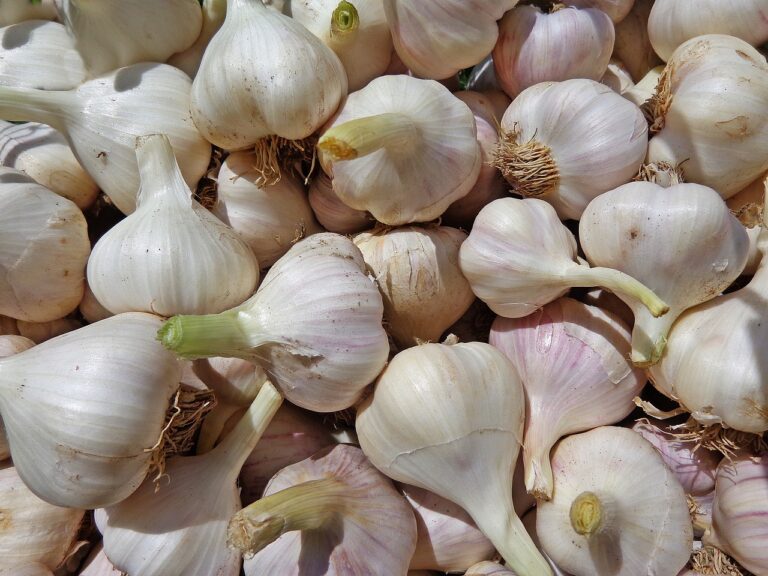“Unlocking Wellness: 5 Ancient Indian Practices for Modern Health Challenges”
"Unlocking Wellness: 5 Ancient Indian Practices for Modern Health Challenges"
Key Takeaways
- Structured headings with visual flow
- Strictly relevant to the selected category
- Inline images to boost engagement
Unlocking Wellness: 5 Ancient Indian Practices for Modern Health Challenges
In an era where modern health challenges such as stress, anxiety, and lifestyle diseases are on the rise, many individuals are turning towards holistic approaches for better well-being. Ancient Indian practices have stood the test of time and offer valuable insights into maintaining physical, mental, and emotional health. This article delves into five such practices that can be seamlessly integrated into contemporary lifestyles, providing a bridge between tradition and modernity.
1. Yoga: The Art of Union
Yoga is not merely a form of exercise; it is a comprehensive practice that combines physical postures, breathing techniques, and meditation. Originating in ancient India, yoga has gained worldwide recognition for its numerous health benefits, including improved flexibility, strength, and mental clarity.
Benefits of Yoga
- Enhances physical flexibility and strength
- Reduces stress and anxiety levels
- Improves concentration and focus
- Promotes emotional balance and resilience
2. Ayurveda: The Science of Life
Ayurveda, often referred to as the “science of life,” is an ancient system of medicine that emphasizes balance in the body, mind, and spirit. It advocates for personalized healthcare through natural remedies, diet, and lifestyle adjustments based on an individual’s constitution, or “dosha.”
Ayurvedic Practices for Modern Health
- Diet: Incorporating whole, organic foods that align with one’s dosha can enhance health.
- Herbal Remedies: Utilizing herbs like turmeric and ashwagandha can help combat inflammation and stress.
- Detoxification: Regular detox practices like Panchakarma can cleanse the body of toxins.
3. Meditation: Cultivating Inner Peace
Meditation is an ancient practice that fosters a deep state of relaxation and a tranquil mind. It is a powerful tool for reducing stress, enhancing self-awareness, and improving emotional health. With various forms of meditation available, individuals can choose a style that resonates with them.
Types of Meditation
- Mindfulness Meditation: Focuses on being present in the moment.
- Transcendental Meditation: Involves the use of a mantra to settle the mind.
- Guided Meditation: Led by an instructor or audio, making it accessible for beginners.
4. Pranayama: Mastering Breath
Pranayama, or breath control, is a fundamental aspect of yoga that involves techniques to regulate breathing. This practice can significantly influence physical health and emotional well-being by improving lung capacity and promoting relaxation.
Pranayama Techniques to Try
- Nadi Shodhana: Alternate nostril breathing to balance energy.
- Kapalabhati: A cleansing breath technique that invigorates the mind.
- Ujjayi: The victorious breath that promotes focus and calmness.
5. Traditional Indian Diet: Nutritional Wisdom
The traditional Indian diet is rich in spices, whole grains, and fresh vegetables, promoting health and longevity. These foods not only nourish the body but also offer various health benefits due to their medicinal properties.
Key Components of a Traditional Indian Diet
- Spices: Turmeric, cumin, and ginger have anti-inflammatory and antioxidant properties.
- Legumes: A rich source of protein and fiber, essential for digestive health.
- Fermented Foods: Such as yogurt and pickles, which support gut health.
Key Takeaways
- Integrating ancient practices like yoga and Ayurveda can enhance modern health.
- Meditation supports mental clarity and emotional balance.
- Pranayama techniques can greatly improve respiratory health and relaxation.
- Traditional Indian diets offer nutritional benefits that are relevant today.
- Engaging in these practices requires consistency and an open mind.
Frequently Asked Questions
1. Can beginners practice yoga and meditation?
Yes, both yoga and meditation can be practiced by beginners. It is advisable to start with simple poses and short meditation sessions, gradually increasing duration and complexity as comfort grows.
2. How can Ayurveda help with modern health issues?
Ayurveda offers personalized treatment plans based on individual needs, helping address issues like stress, digestive problems, and chronic diseases through natural methods.
3. Is it necessary to follow a strict diet in Ayurveda?
While Ayurveda emphasizes balance and specific dietary recommendations, it is not always necessary to adhere to a strict diet. Adapting it according to personal preferences and lifestyle is encouraged.
4. How often should I practice meditation for optimal benefits?
Practicing meditation daily, even for a few minutes, can provide significant benefits. Consistency is key to reaping the rewards of this practice.
5. Are there any side effects of yoga and pranayama?
Generally, yoga and pranayama are safe for most individuals. However, beginners should seek guidance from qualified instructors to avoid injuries and ensure proper techniques.
Conclusion
Embracing ancient Indian practices can significantly contribute to addressing modern health challenges. By incorporating techniques such as yoga, Ayurveda, meditation, and a traditional diet, individuals can foster a holistic approach to wellness. It is important to approach these practices with patience and an open heart, allowing time for personal growth and transformation.
Next Steps
Consider exploring local classes or online resources to dive deeper into these practices. Start with small, manageable changes in your daily routine to incorporate these ancient wisdoms into your life for enhanced well-being.





